Alzheimer's Disease And Hospice Care
Alzheimer's disease and hospice care. Hospice Care Hospice is a round-the-clock care service for people who are terminally ill. Unlike other serious illnesses Alzheimers disease AD and related dementias are extremely difficult to categorize into the neat stages of progression that are typically used to determine whether hospice care is appropriate. What can hospice do for a patient with dementia.
The name and details were changed to protect privacy. For a person with Alzheimers palliative care can be an option at any time during the disease process and can help alleviate any distressing symptoms related to Alzheimers or other conditions. Its designed to.
Hospice Eligibility Criteria for Dementia and Alzheimers Disease Referral for those with late-stage dementia should weigh experienced clinical judgement Functional Assessment Staging PDF 220 KB guidelines and input from patients and family members. Your hospice team evaluates the dementia or Alzheimers patients status and updates the plan of care as symptoms and condition change even on a day-to-day basis. The goal of hospice is to keep the person with Alzheimers as comfortable as possible in the final stages of disease and enable the person to spend precious time with family and friends.
As Alzheimers and Brain Awareness Month continues we want to discuss a very important topic- communication and Alzheimers. Patients with dementia are eligible to receive hospice care if they have a diagnosis of six months or less to live if the disease progresses in a typical fashion. This is only for people whose doctors think they have at least a 50 chance of not living more than 6 months.
As the disease progresses a persons ability to. The progression of the disease varies greatly some living with it for five years some up to twenty years. People with advanced dementia are rarely able to express their.
Alzheimers patients require more care and skilled attention than the average hospice patient. Family caregivers are at increased risk for significant illness and death. Hospice providers with expertise and experience in dealing with dementia can help patients and families understand what to expect in the final stages of Alzheimers offering support throughout the end-of-life process says the Alzheimers Association.
If the patient meets the LCD criteria of both 1 and 2 below then the criteria for a six month or less prognosis is met. While most people have heard of hospice care there remains a great deal of uncertainty about what this service entails.
Patients with dementia are eligible to receive hospice care if they have a diagnosis of six months or less to live if the disease progresses in a typical fashion.
800-438-4380 toll-free adearnianihgov Family Caregiver Alliance. Your hospice team evaluates the dementia or Alzheimers patients status and updates the plan of care as symptoms and condition change even on a day-to-day basis. Alzheimers Disease and Care at the End of Life. Once a patient begins experiencing any of the above symptoms it is time to speak with a hospice professional about how. This is only for people whose doctors think they have at least a 50 chance of not living more than 6 months. Hospice for Late-Stage Alzheimers Disease Family members caring for aging parents with dementia are twice as likely to say they have emotional financial or physical problems compared to other caregivers. Hospice providers with expertise in dementia can help families understand what to expect in the final stages of Alzheimers and provide support throughout the end-of-life process. When it comes to supporting those living with. Alzheimers patients require more care and skilled attention than the average hospice patient.
Hospice Care Hospice is a round-the-clock care service for people who are terminally ill. As the disease progresses a persons ability to. For more information on Alzheimers disease and how it impacts communication visit the links or reach out to the contacts below. Hospice providers with expertise in dementia can help families understand what to expect in the final stages of Alzheimers and provide support throughout the end-of-life process. For a person with Alzheimers palliative care can be an option at any time during the disease process and can help alleviate any distressing symptoms related to Alzheimers or other conditions. The National Institute on Aging estimates that 100 billionyear in direct and indirect costs is spent on caring for patients with Alzheimers disease. 1 Unable to ambulate without assistance Unable to dress without assistance.














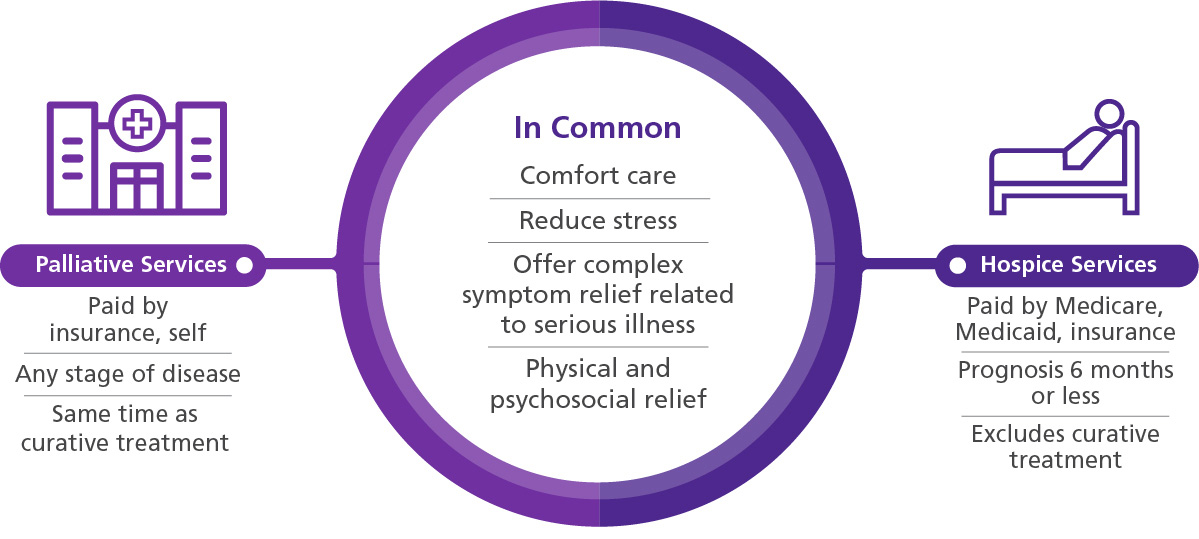












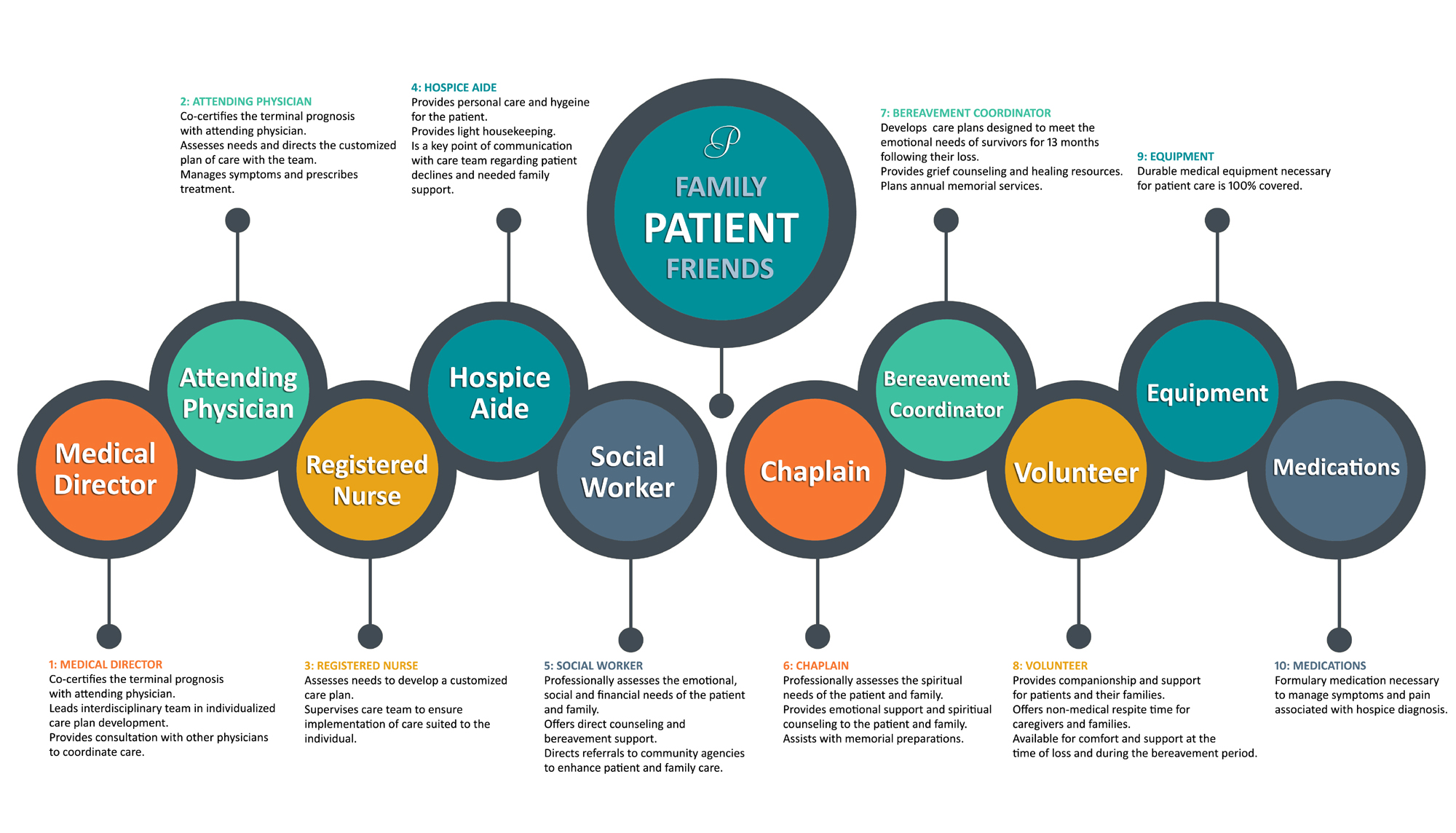

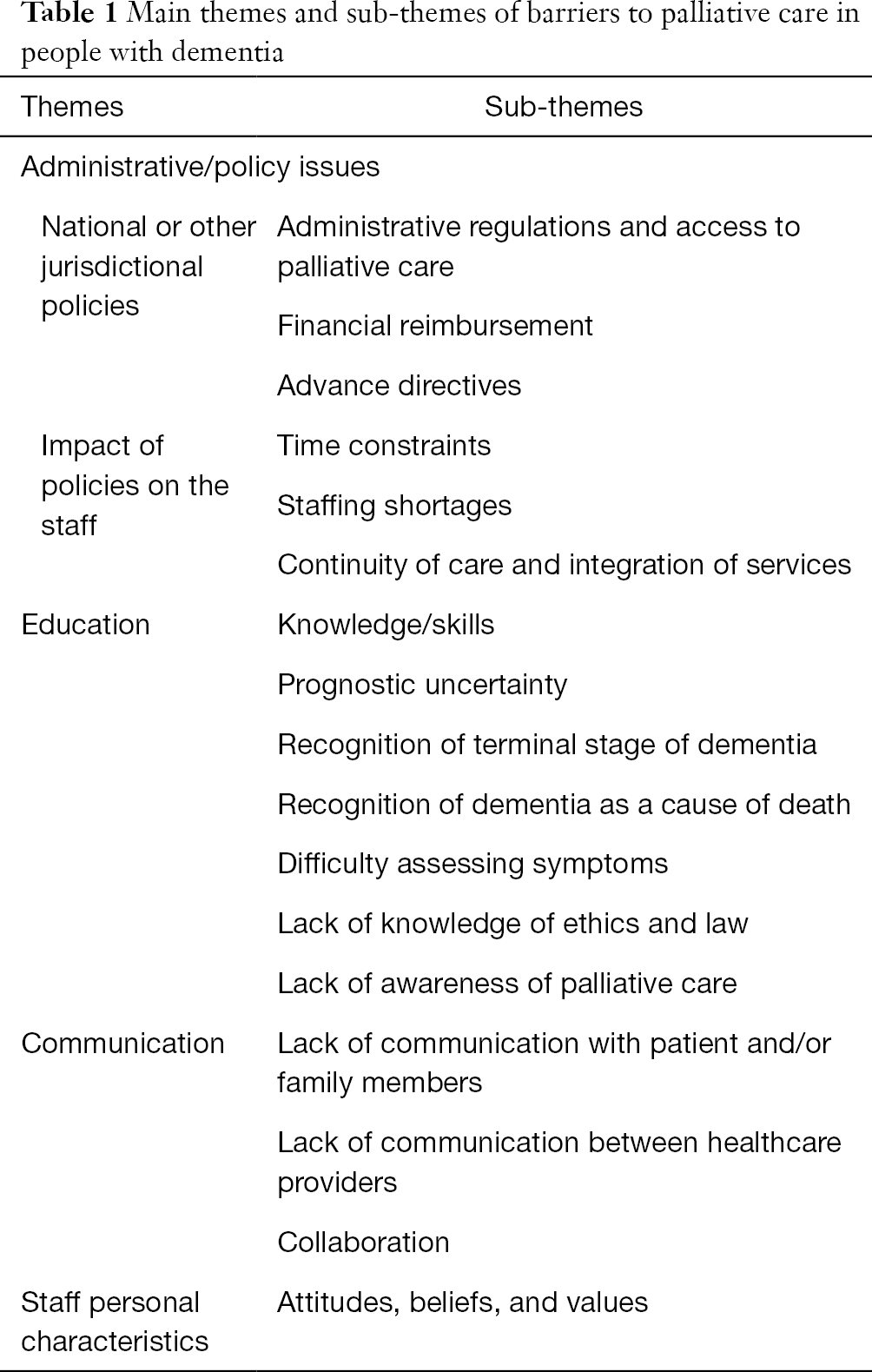
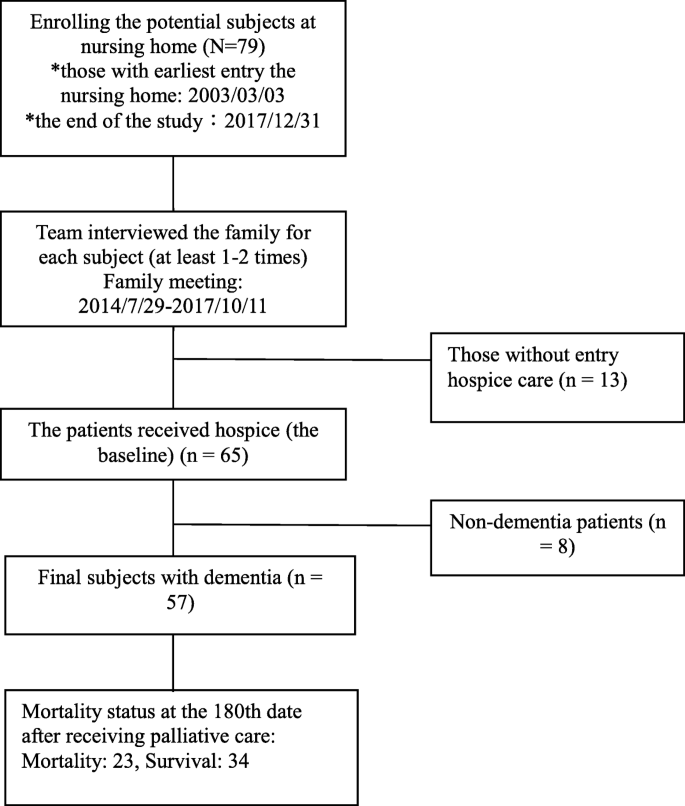




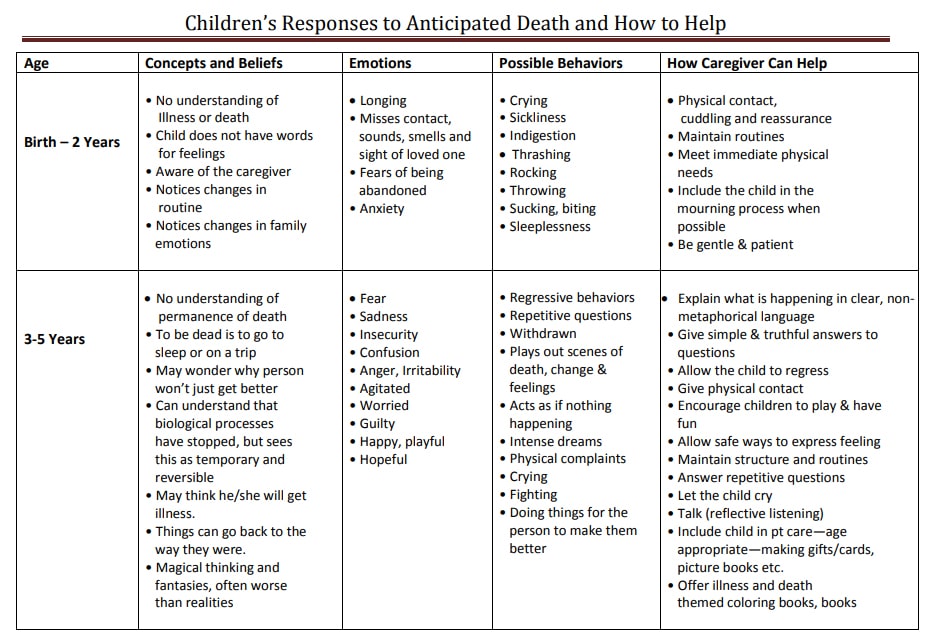
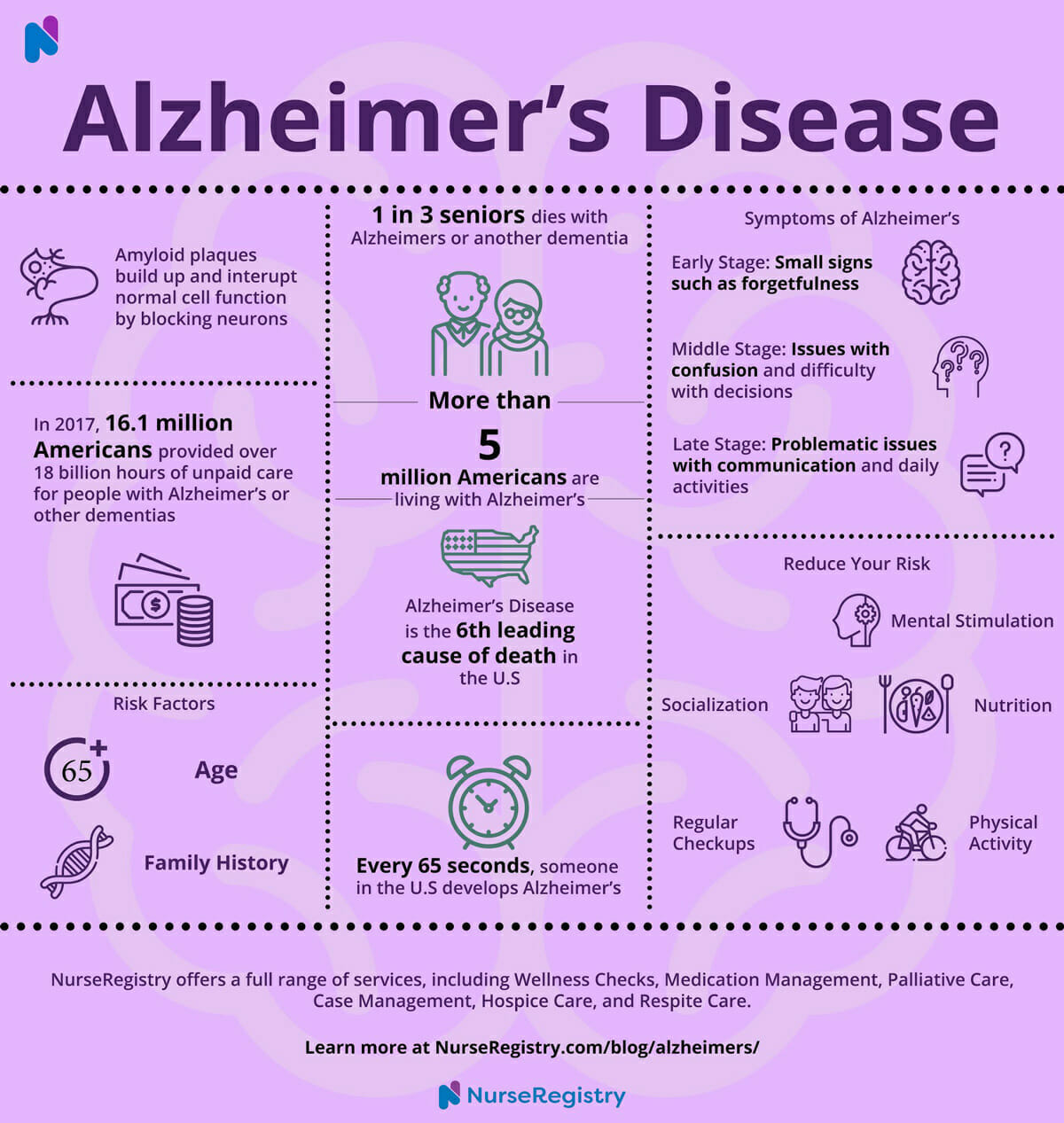


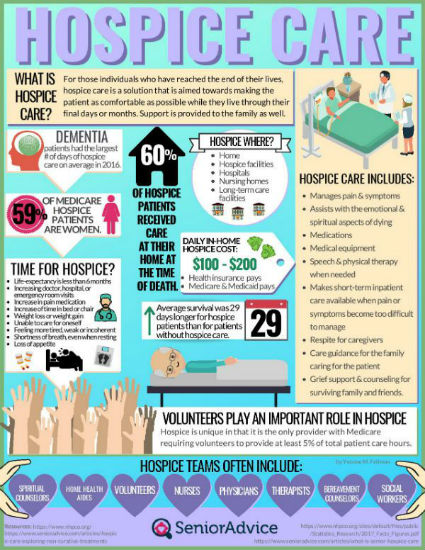

Post a Comment for "Alzheimer's Disease And Hospice Care"